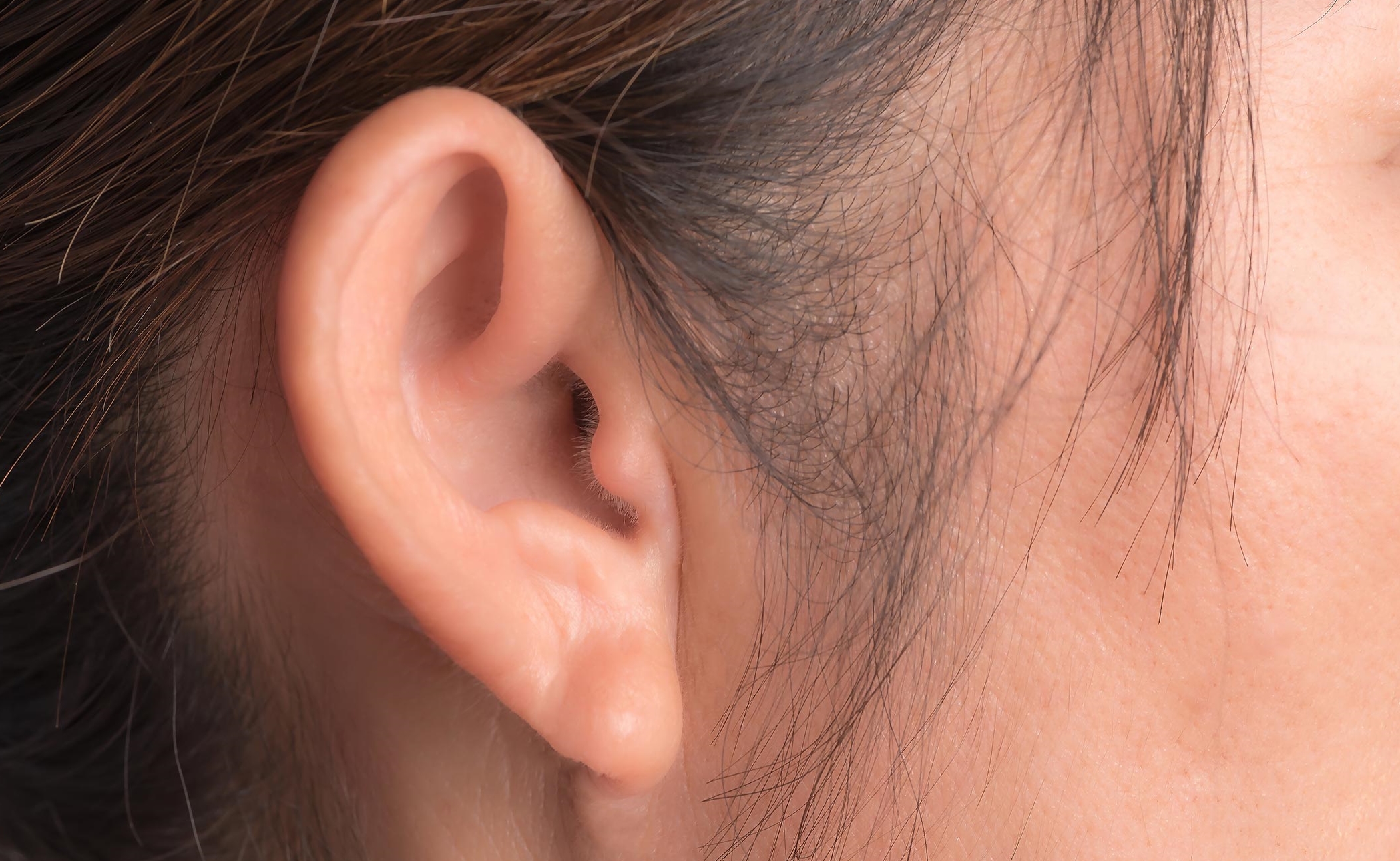
You’re driving on the open road, you turn on your favourite device, and you listen to a great story on the radio.
Or you are on holidays and you lie back, close your eyes, and imagine.
Those first sounds and words in an audio story can transport the listener to a new place, another time, a different situation, and immerse them in a story.
Stories based on sound can draw you into the story, fire your imagination, stimulate your emotions.
Welcome to the world of radio interviews and podcasting, both effective tools for broadcasting research stories that can evoke imagination and emotion.
Podcasts and radio are powerful media for story-telling, particularly where the researcher is willing to personalise a research story by using their own words in their own voice to describe the ideas, events and emotions embodied in their story.
A well planned and scripted story can lend powerful weight to a scientific concept, particularly if interviews with other research participants or end users are incorporated into the story to lend real-life credibility.
In addition, other sounds that ‘illustrate’ the research can be used in the audio story. Bird or frog calls recorded in a wetland, the ‘sounds’ of radio waves from deep space, or singing from children in a classroom can all pique the interest of a listener and add to the story.
Researchers can provide these to the story producer in addition to their interviews so these extra sounds can be mixed into the final story or interview.
For example, listen to this edited podcast on the Winton Wetlands in North East Victoria to hear some of these features.
Recording a research story as a podcast has the added advantage of allowing the recorded audio to be stored and made available for use in later radio interviews, as long as they are recorded in broadcast quality and you own the audio.
Finally, a podcast story provides the researcher with some control over the words in the final communication, as it is can be difficult to surreptitiously edit spoken words, particularly where there is background noise and you have final approval.
Radio provides a special medium for the audio story. In my next blog I will discuss how radio lends immediacy to research stories while still allowing the power of audio to shine.
To help you develop audio messages for your research story, contact The Comms Doctor® via email contact@thecommsdoctor.com.au or visit the Comms Doctor® website.

